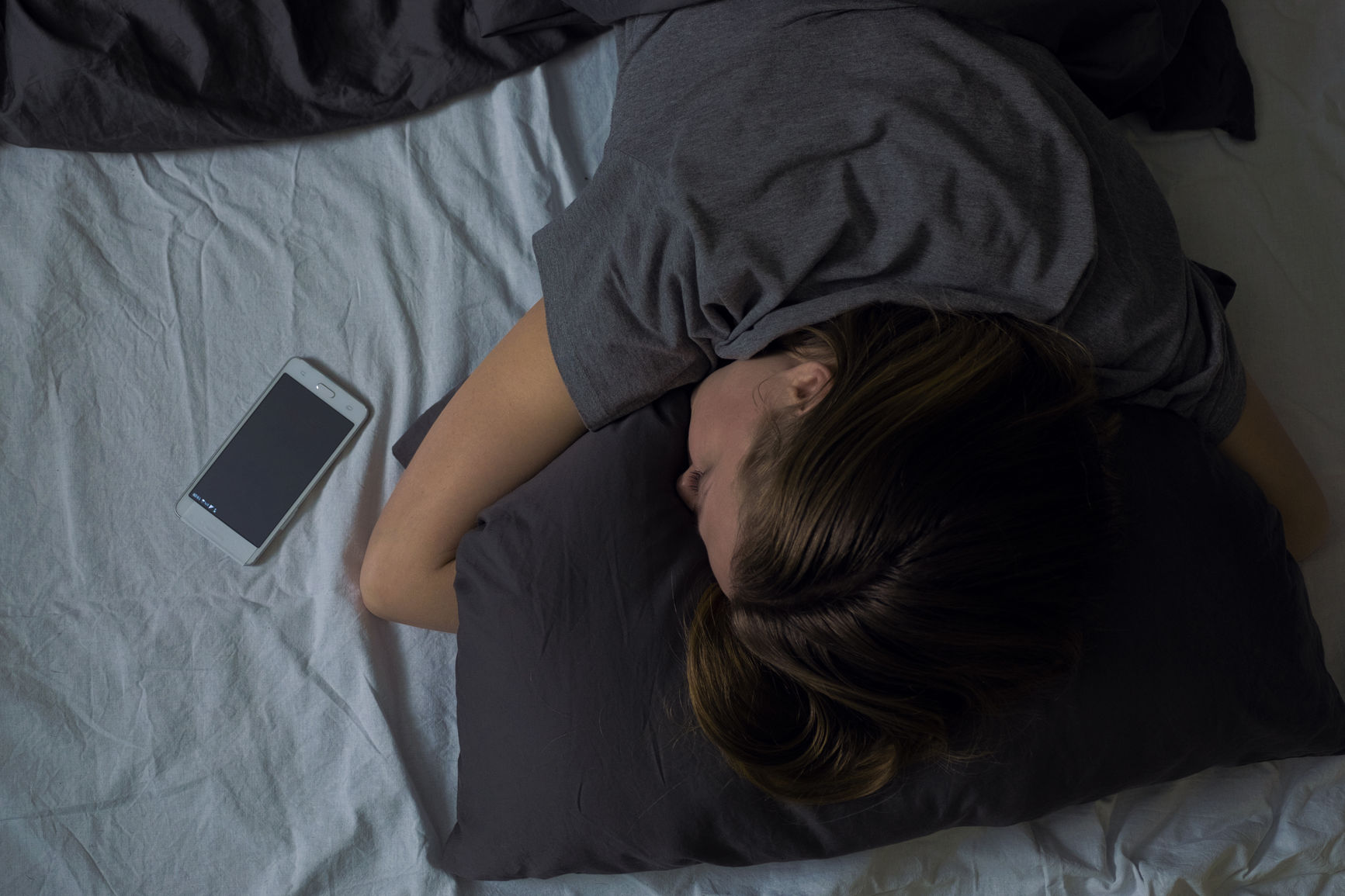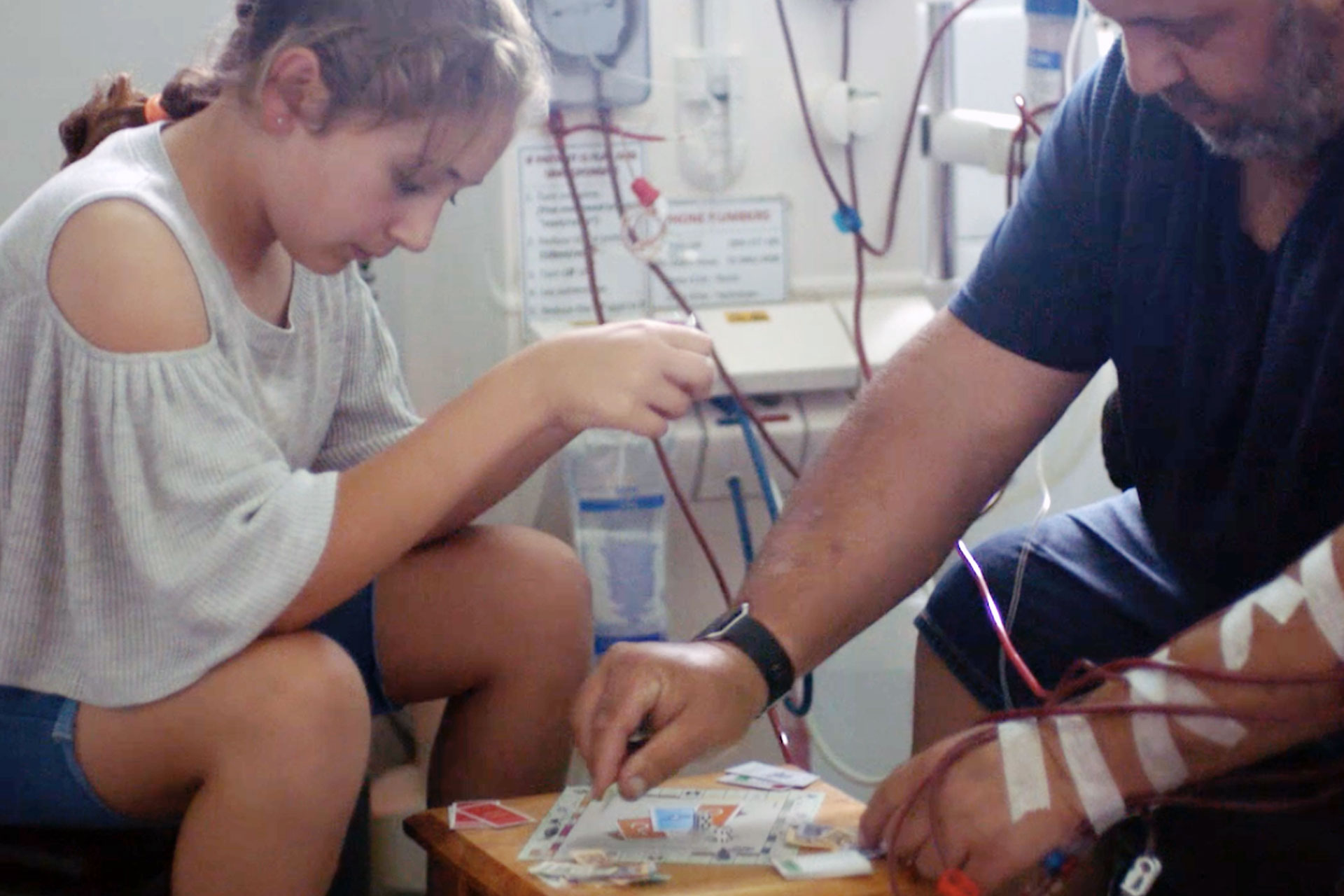-
The number of Aussies affected by iron deficiency and anaemia has crept up over the last nine years, increasing from 861,000 sufferers in 2008 to 1,103,000 in 2016, according to data from the latest Medibank Better Health Index.
Young women aged 18-30 – who are typically among those worst affected – showed the biggest increase, with the number going from 13.4% in 2008 to 15.3% in 2016 – equivalent to a rise of 70,000 women. Women aged 30-39 also displayed a rise, shifting from 11.7% to 13.7% over the same time period – equivalent to an uplift of 55,000 women.
Medibank Chief Medical Officer Dr Linda Swan said “We know that compared to men, women are typically worst affected by iron deficiency and anaemia – with menstruation, pregnancy and menopause contributing to an increased requirement for the mineral.
“However, while we’d expect to see women reporting a higher incidence, what’s concerning is that the number of women affected is increasing over time. There are many reasons why this could be – for example, with the emergence of new diet trends over recent years, it may be that young Aussie women are reducing the amount of iron rich foods such as red meat in their diet – putting them at higher risk.”
More than 1 million Aussies iron deficient

-
Condition putting Aussies at risk of lowered immunity
According to the Index, those suffering from iron deficiency and anaemia were far more likely than the general population to show signs of low immunity, with 62.2% affected by the common cold and 27.4% affected by the flu in the last 12 months, compared with the general population at just 46.8% and 20.1% respectively. Those affected were also three times more likely to suffer from frequent headaches, at 22.7%, compared with the general population at just 7.1%.
Data implies association with mental health concerns
While the link between iron deficiency/anaemia and mental health issues such as anxiety and depression remains inconclusive, the data did reveal a potential association, finding the incidence of these mental health issues is higher among those suffering. Of those affected by iron deficiency or anaemia, 35.8% were found to also suffer from anxiety, compared with the general population at just 17.4%. Similarly, of those affected by the condition, 27.2% were found to also suffer from depression, compared to just 14.6% of the general population.
“The link between iron deficiency/anaemia and weakened immunity is well documented, and this link is supported by the findings of the Index. What’s interesting here is the potential link between mental health issues and iron deficiency. While our findings do indicate an association, external studies in the area have not identified a causal relationship, and more research is required to fully understand the connection between the condition and mental health issues,” said Dr Swan.
Tips for preventing and managing iron deficiency
- Know what to look out for: While fatigue is the most common sign of iron deficiency/anaemia, symptoms can also include dizziness and headaches, breathing difficulties, having pale or yellow skin, and cold feet and hands.
- Maintain a healthy diet: Ensure iron-rich foods and nutrients are included in your daily diet, such as red meat, tofu, beans and lentils, and dark leafy vegetables like kale and spinach.
- Speak to your GP: If you think you may be iron deficient or anaemic, don’t self manage with supplements -- it’s important you speak to your GP so they can track your blood levels and determine the best treatment to suit your needs.
Get expert advice and tips on healthy living.
-
Innovating for members living with chronic disease
Medibank is supporting our members living with chronic diseases such as heart disease, arthritis, and diabetes, through our CareComplete programs.
-
Medibank’s palliative care at home trial
Giving our customers choice in where they would like to receive their end-of-life care can provide dignity, privacy and help them retain control over the care they receive.
-
How your phone habits affect your sleep
And what it means for your mental health, hormones and more.
-
Medibank trialling haemodialysis at home
Giving members with chronic kidney disease more choice
-
The origins of western and eastern medicine
Two schools of thought explained
-
Almost half of hospital patients are looking for more support
Find out how Medibank is helping.
Subscribe to receive the best from Live Better every week. Healthy recipes, exercise tips and activities, offers and promotions – everything to help you eat, move and feel better.
By clicking sign up I understand and agree to Medibank's privacy policy





